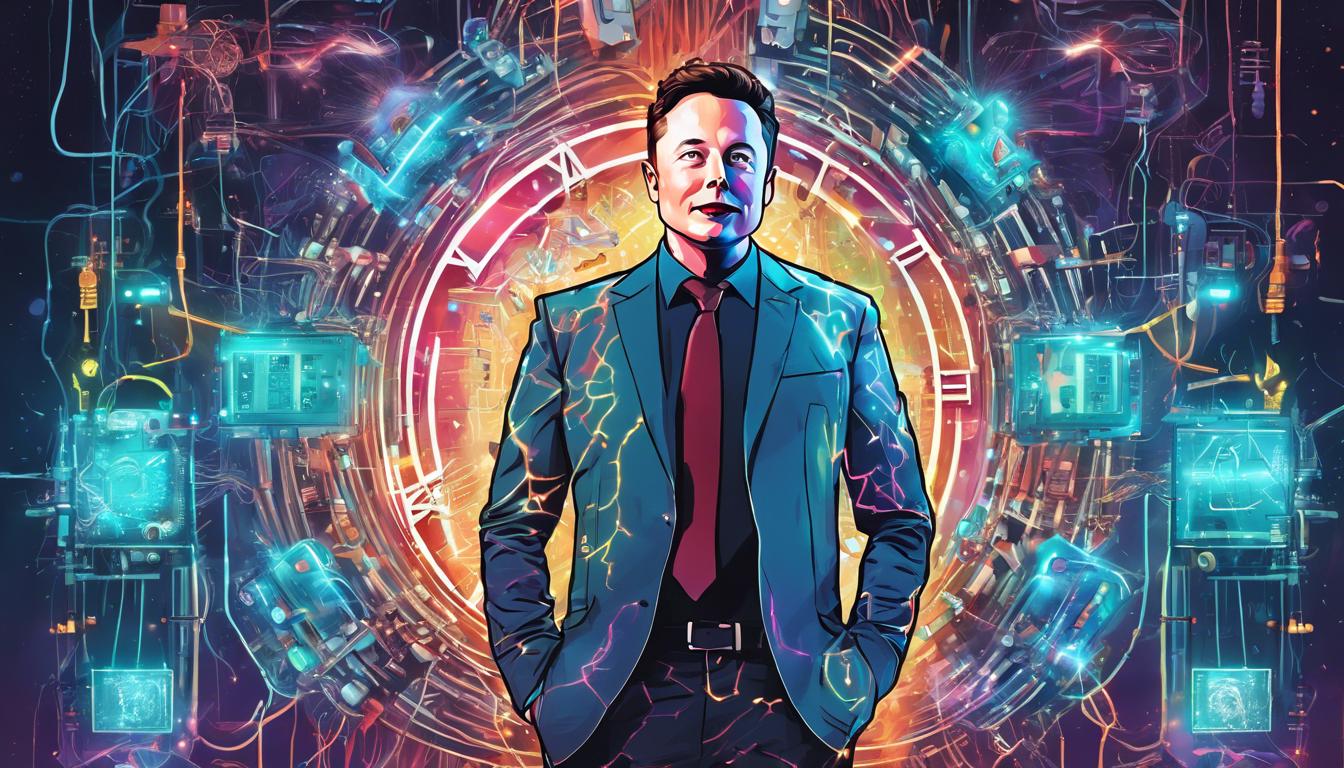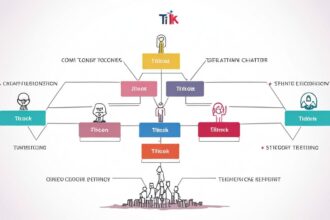Elon Musk updates his forecast on artificial intelligence, predicting AI will exceed human intelligence by 2025, amidst challenges and his active contribution through xAI.
Elon Musk, the influential Tech Entrepreneur behind Tesla and SpaceX, has recently updated his prediction concerning the development of artificial intelligence (AI), now stating that AI could surpass human intelligence by the end of 2025. This revision comes from Musk’s initial forecast, which placed the arrival of artificial general intelligence (AGI) by 2029. Musk’s speculation is based on the rapid advancements in AI technology observed in recent years, including significant progress in video generation tools and chatbots.
Despite the accelerated development timeline, Musk acknowledges several impending challenges that could potentially slow progress, such as the limited supply of microchips required for AI training and the increasing demand for electricity needed by AI systems. These challenges mark a shift in the AI development landscape from hardware constraints to energy supply issues.
Musk is actively participating in the AI advancement race through his startup, xAI, pouring resources into creating AI models that aim to surpass the capabilities of current leaders in the field. His efforts indicate a commitment to overcoming the outlined obstacles and pushing the boundaries of AI technology. xAI, Musk’s venture, is notably working on projects like Grok AI, competing with existing AI models such as GPT-4.
The entrepreneur’s predictions and endeavors in AI development are significant given his historical involvement in the sector, including co-founding OpenAI, and his consistent push towards groundbreaking technological achievements. Musk’s bold forecast and ongoing projects underline the potential transformative impact of AI on society, while also hinting at the need for careful consideration of the ethical implications of superhuman AI. Despite Musk’s somewhat controversial track record in predicting technological advancements, his influence in the tech industry continues to drive conversations around the future and ethics of AI development.













